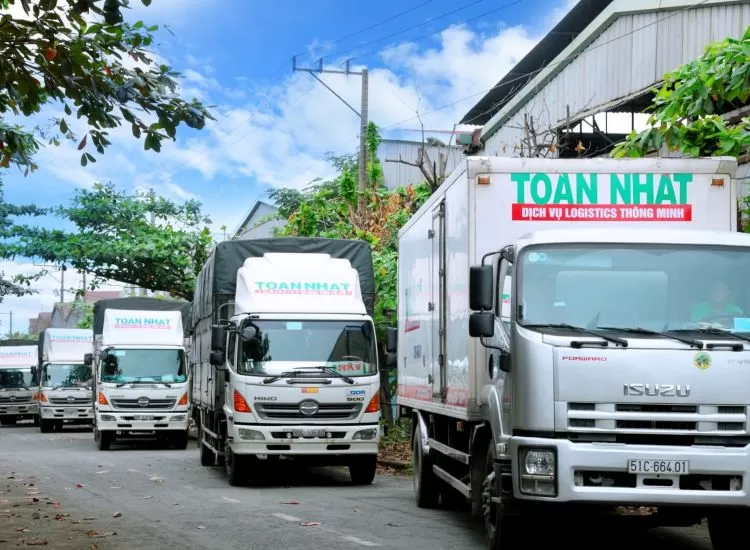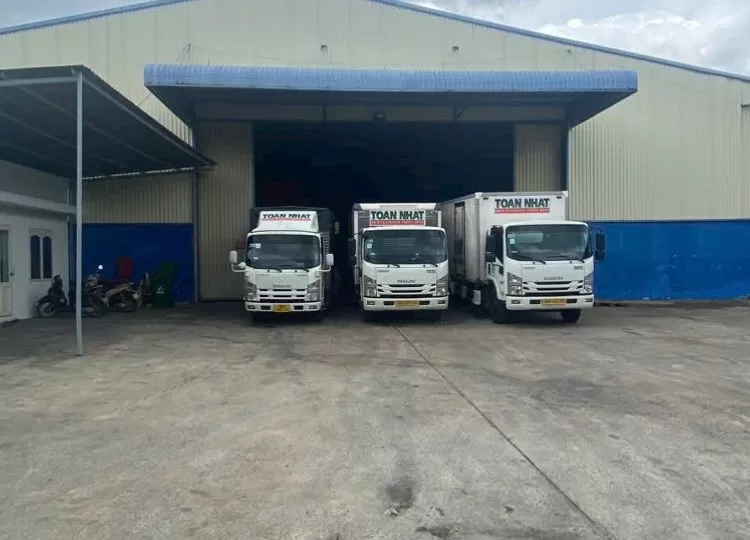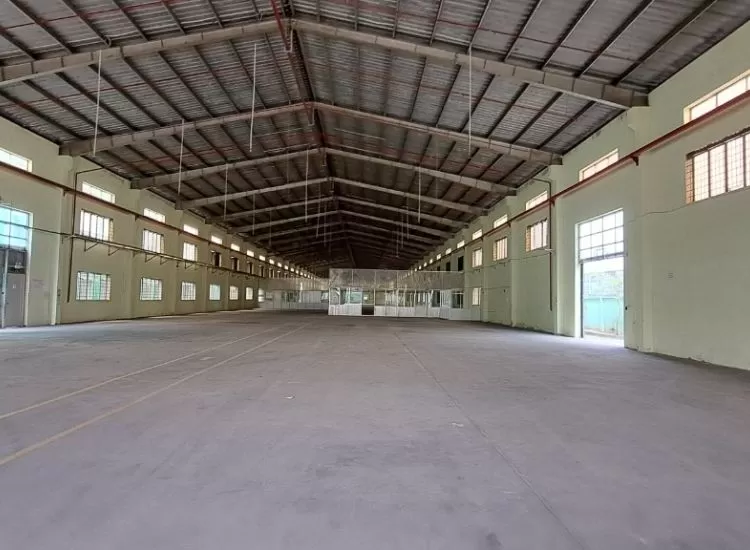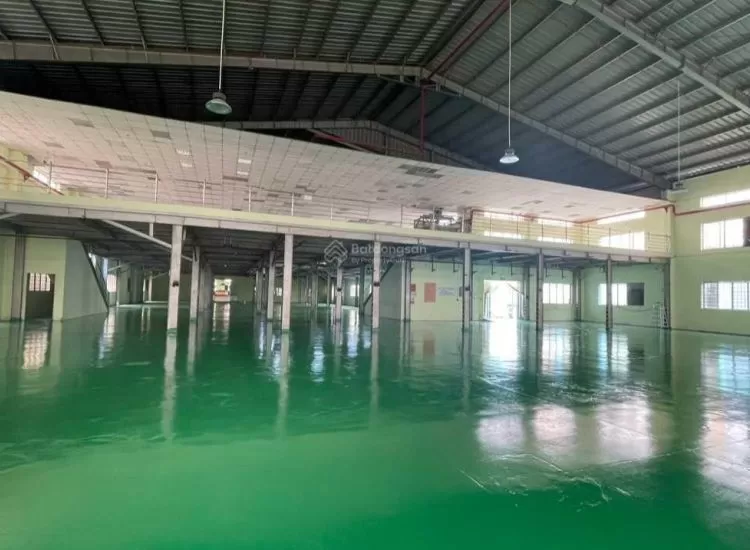Using Sea-Air transport mode to avoid congestion which can lead to... more congestion
Congestion in the supply chain has led to an increase in the 'Sea-Air' mode of transportation, but many people fear that the sudden increase in shipping volume will cause further congestion.
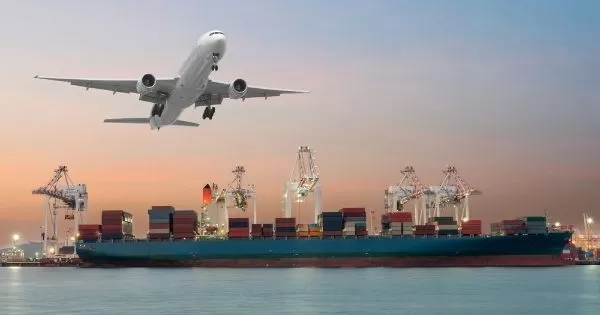
Using Sea-Air transport mode to avoid congestion
The current global supply chain congestion has led to an increase in the combined sea-air mode of transport. But with China's October holiday approaching and Covid still well under control, there is concern that the sudden increase in shipping volume will cause even more congestion.
With the traditional holiday peak approaching, the impact of congestion in Bangladesh and Shanghai is already being felt more, leading to more "urgent" efforts to look for alternative methods and routes, a forwarding company said
"What we are doing, and what we are seeing is sea-air taking off massively," the forwarder told The Loadstar.
“In our case, this means moving goods from Bangladesh by feeder vessel, avoiding the congestion at Chittagong, into Colombo and from there either flying it to its destination or using trucks from India.”
A Flexport spokesperson told The Loadstar that congestion is not limited to Bangladesh and China, adding: "It’s everywhere at the moment."
As a result, Flexport has also diversified its services and is seeing an increase in the number of Sea-Air shipments, the majority of which go to Dubai for fulfillment purposes and then flight to the EU.
“Our offering moves well, because LCL is consolidated and has a higher priority for loading onto ocean carriers, and for unloading and transhipping at Dubai,” the spokesperson said.
“In this case it’s an inbetween option, a diversification; there is less risk, you’re not relying on just one mode. It also means customers can achieve cost savings, given that air freight rates are sky-rocketing, and savings on lead times compared with typical ocean times.”
But with the rise of Sea-Air and overall supply chain disruptions, the forwarder has warned that "new pinch-points" are emerging in the run-up to the holiday week of Chinese Golden Festival.
Singapore recorded its worst daily number of new Covid cases in over a year last Tuesday, at 837 for a population with an 81% vaccination rate, leading to reports that the government will pause its reopening plan and introduce some restrictions.
“Strangely, from what we’re hearing, though, the Singapore government isn’t too concerned, because of the vaccine rate,” the forwarder said. "But that being said, space out of Singapore is also heavily congested and we are struggling to secure bookings at reasonable rate. And yesterday, we were told of further outbreaks in Fujian, which won’t help things".
“In two to three weeks you are going to see a real crunch, because of the volumes going in and the Covid effect with case numbers rising. Air freight is slammed.”
And Flexport sees the risk of widespread congestion very clearly, noting that backlogs are already running high at various airports in the Middle East and that smaller seaports are vulnerable to overcrowding.
Furthermore, Flexport warns, shifting local lockdowns could lead to a loss of benefits from diversification by Sea-Air transportation.
The spokesperson said: “Covid is still looming in the background as a huge risk in countries that would tranship. An outbreak could spark even bigger disruption to supply chains and add to the ‘perfect storm’."
See more:
- Chittagong port's container handling volumes skyrocketed
- Container shortages, port congestion and ship delays have pushed freight rates sky-high
Source: Phaata.com (According to The Loadstar)
Phaata.com - The first global logistics marketplace in Vietnam
► Where connecting Shippers & Forwarders fastest!










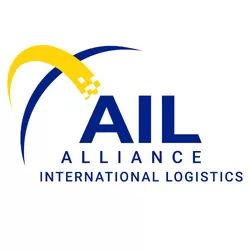












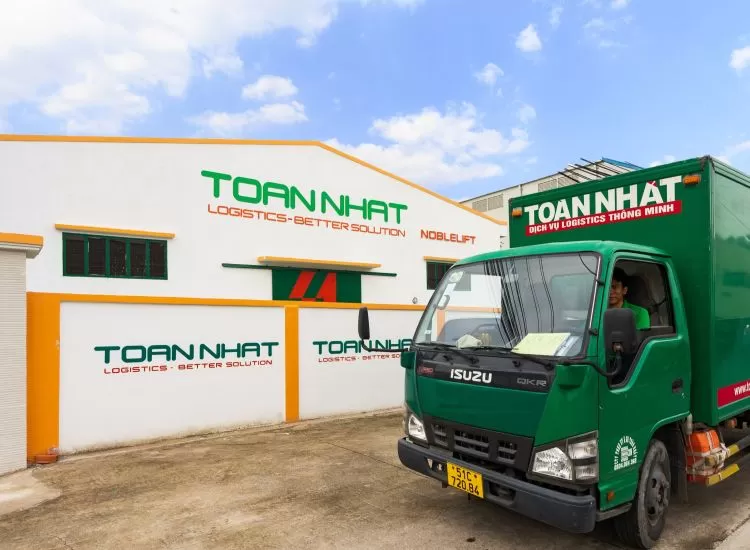
.webp)
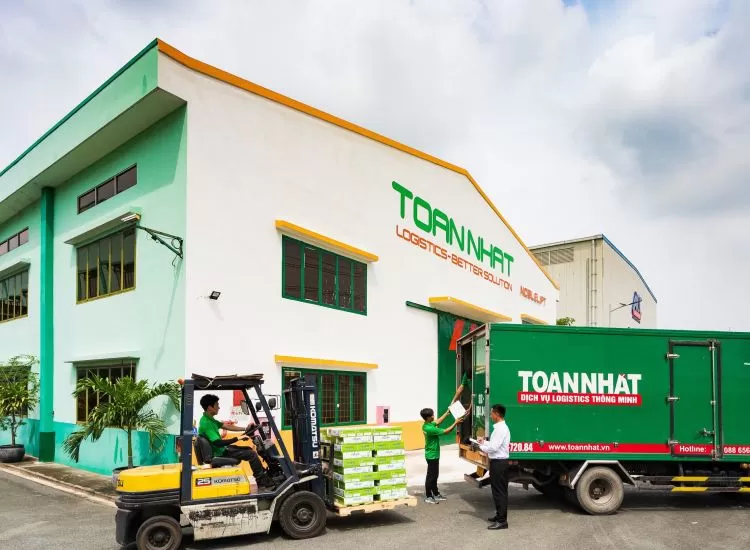
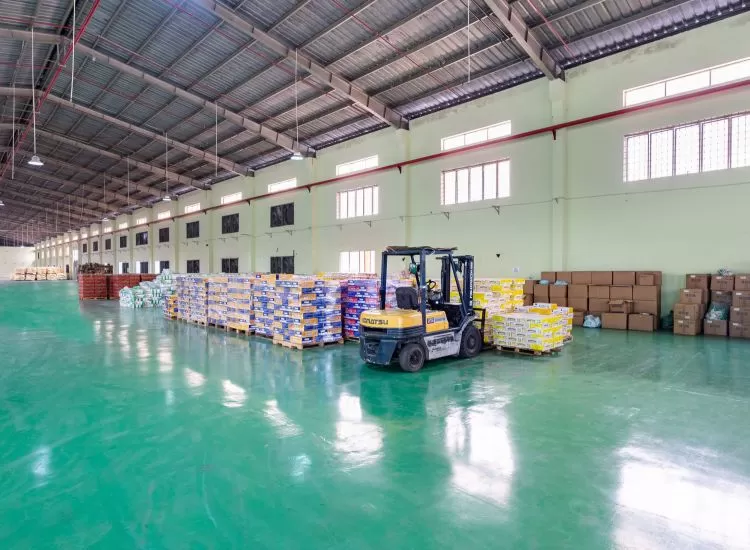
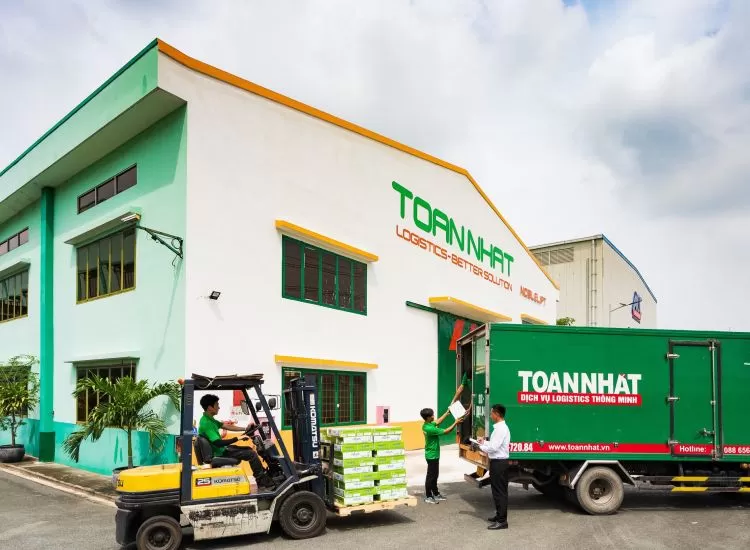
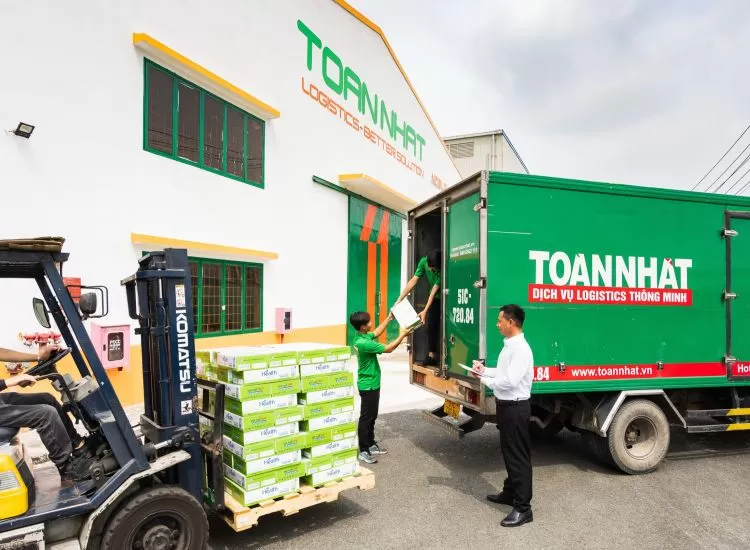



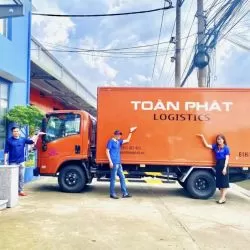
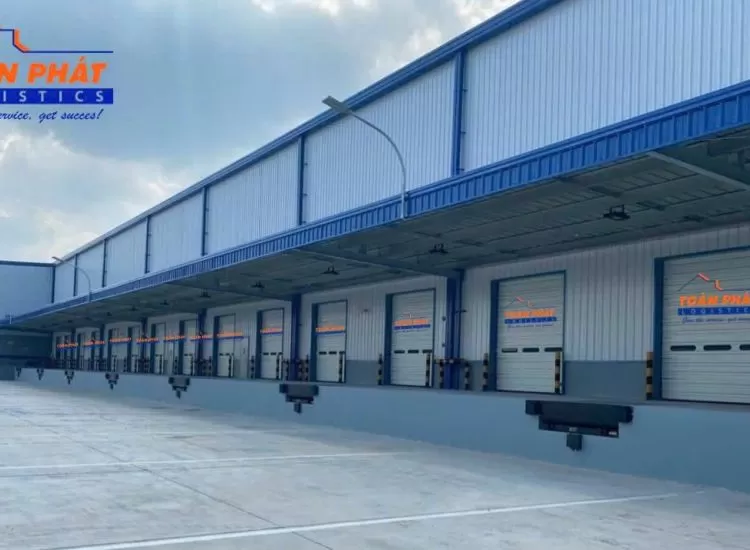
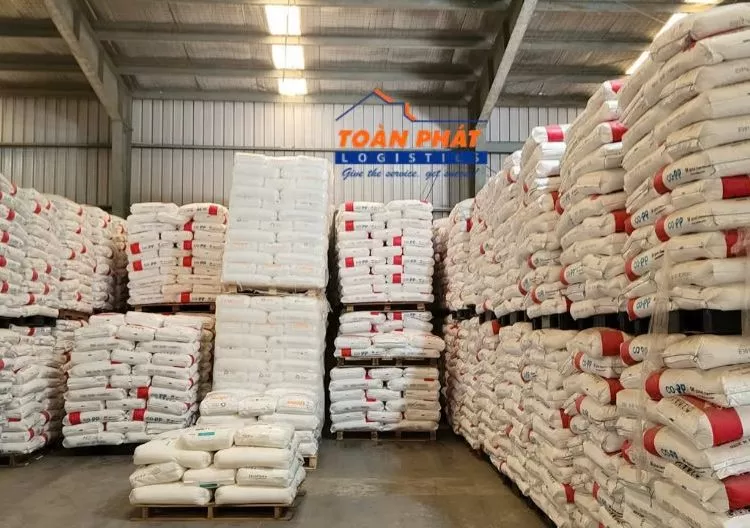
.webp)
